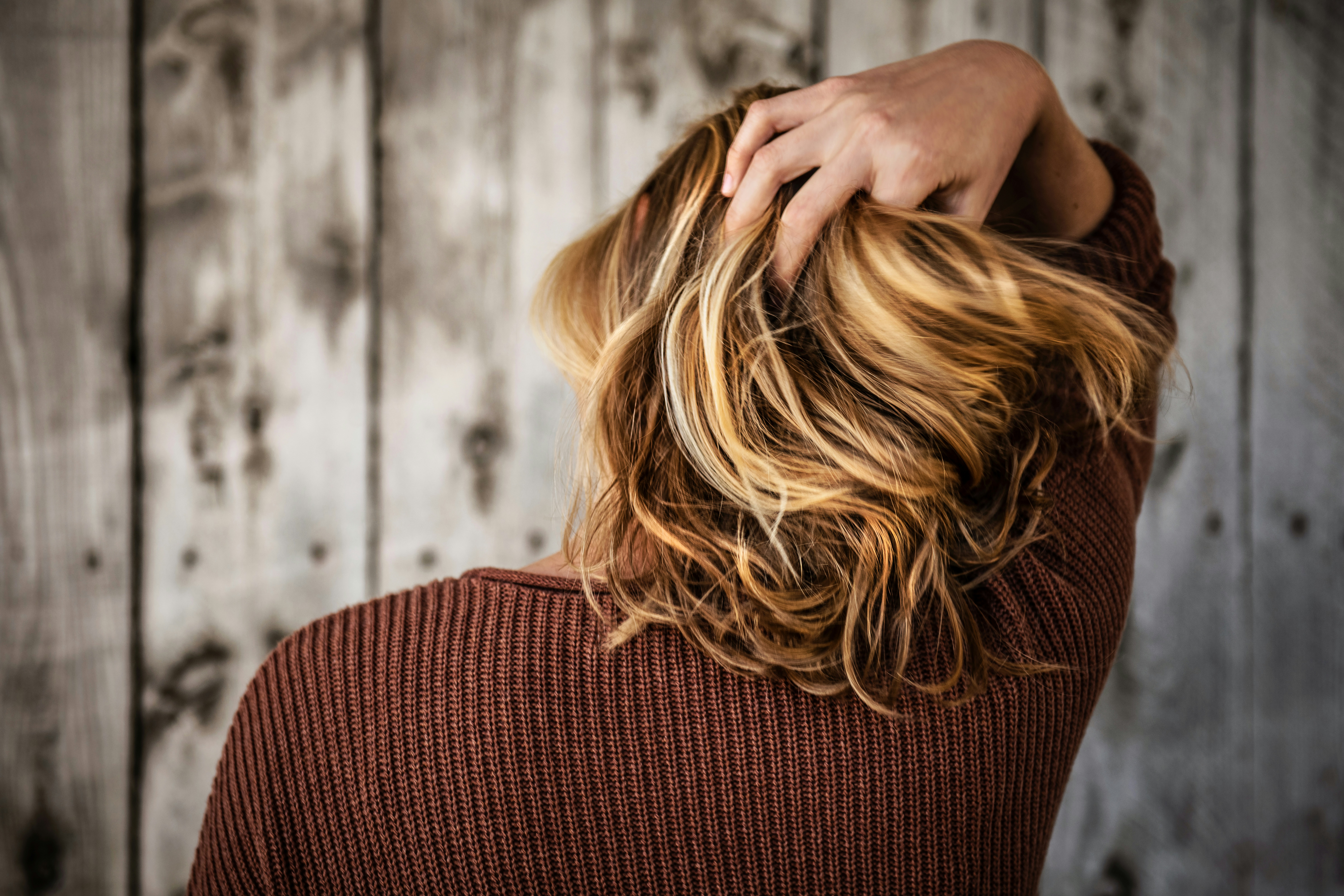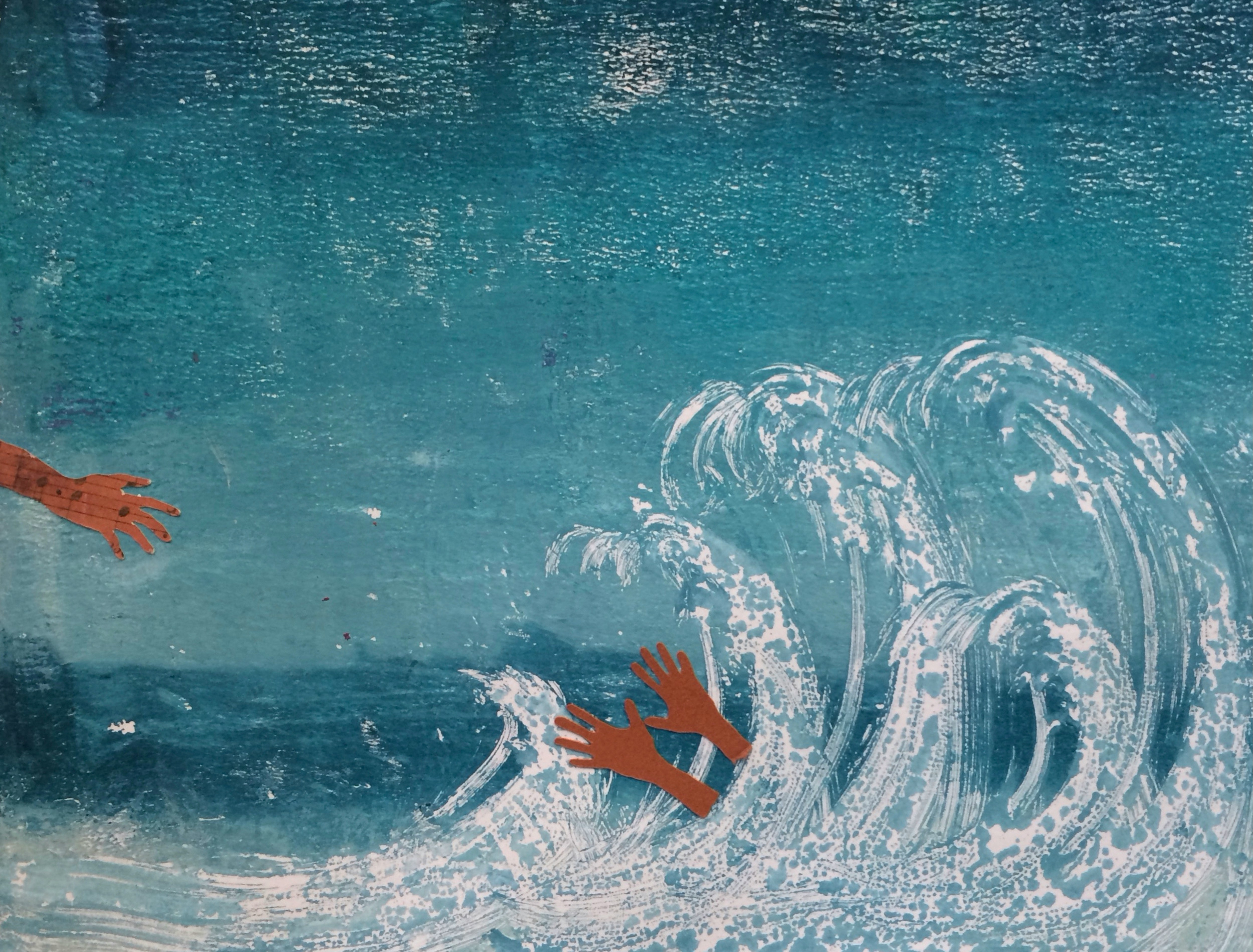Does Cocaine Cause Hair Loss? Understanding the Side Effects of Addiction
Does Cocaine Cause Hair Loss?
Using cocaine and battling addiction can come with a wide variety of valid concerns, especially when it comes to physical health. The concern, “does cocaine cause hair loss?” is prevalent among individuals who use this drug or are in the process of recovery.
Cocaine is primarily known for its effects on brain chemistry and its addictive nature, but it also has side effects impacting physical health, including potential hair loss. Understanding this connection is crucial for those aiming to safeguard their health and recover from substance use.
Exploring whether cocaine causes hair loss involves examining its effects on the body and the significance of seeking help if substance use has detrimental impacts on health. The correlation between cocaine and hair health highlights the widespread effects of drug addiction.

How Cocaine Affects the Body and Hair Health
What Is Cocaine and How Does It Harm the Body?
Cocaine is a powerful and highly addictive stimulant derived from the leaves of the coca plant, known for its intense but short-lived euphoric effects. When consumed, it rapidly increases dopamine levels, a neurotransmitter associated with pleasure and reward, flooding the brain with artificial feelings of energy and euphoria.
This immediate, intense high is a key factor in cocaine’s strong potential for addiction, as users often chase that initial rush despite the severe physical and psychological risks.
But beyond its well-documented dangers to mental health and cardiovascular function, many people wonder: does cocaine cause hair loss? The answer is yes, prolonged cocaine use can contribute to hair thinning and loss through multiple mechanisms.
Does cocaine cause hair loss by disrupting nutrient absorption? Absolutely. Chronic use often leads to poor dietary habits and malnutrition, depriving hair follicles of essential vitamins and minerals needed for healthy growth.
Additionally, does cocaine cause hair loss due to increased stress and hormonal imbalances? Research suggests that the drug’s impact on cortisol levels and blood circulation can weaken hair follicles over time.
Another critical factor is that does cocaine cause hair loss by damaging the body’s detoxification systems? Cocaine places immense strain on the liver and kidneys, which can lead to toxin buildup that further exacerbates hair thinning.
Combined with dehydration, sleep deprivation, and the physical toll of withdrawal, the question isn’t just does cocaine cause hair loss, but how severe the damage may become with continued use.
Understanding these risks is crucial for anyone struggling with cocaine addiction. If you’re concerned about does cocaine cause hair loss or other health consequences, seeking professional help can prevent long-term damage and support recovery.
How Cocaine Affects the Body
Cocaine’s devastating effects extend far beyond its immediate impact on the brain. As a powerful stimulant, chronic use places tremendous strain on the entire body, particularly the cardiovascular system.
The drug causes blood vessels to constrict, heart rate to accelerate, and blood pressure to spike to dangerous levels – dramatically increasing the risk of stroke, heart attack, and permanent cardiovascular damage.
These physical consequences are compounded by severe psychological effects including paranoia, anxiety disorders, and psychosis that can persist long after stopping use.
But one of the most visible yet often overlooked questions is: does cocaine cause hair loss? The answer is unequivocally yes. Does cocaine cause hair loss through nutritional deficiencies?
Absolutely – the drug suppresses appetite and impairs nutrient absorption, depriving hair follicles of essential proteins, vitamins and minerals needed for healthy growth.
Does cocaine cause hair loss by disrupting hormonal balance? Research confirms that cocaine alters cortisol and other hormone levels that directly affect hair growth cycles.
Does cocaine cause hair loss through physical stress on the body? Without question – the combination of sleep deprivation, chronic dehydration, and reduced blood circulation starves hair follicles of oxygen and nutrients.
Does cocaine cause hair loss by compromising the immune system? Studies show that long-term use weakens the body’s defenses, potentially triggering conditions like alopecia.

Does Cocaine Cause Hair Loss? The Facts Explained
How Cocaine Use Leads to Hair Thinning and Loss
- Nutritional Deficiencies: Cocaine usage often disrupts eating patterns, leading to deficiencies in essential nutrients like proteins, vitamins, and minerals, which are crucial for healthy hair growth. These deficiencies can result in hair thinning or loss.
- Stress and Hormonal Imbalance: Extended cocaine use raises stress hormone levels in the body. Increased stress can expedite hair loss, a condition known as telogen effluvium, where more hair shifts into the shedding phase than usual.
- Blood Circulation Issues: Cocaine causes blood vessels to constrict, reducing blood flow to various parts of the body, including the scalp. This decreased circulation can deprive hair follicles of needed oxygen and nutrients, potentially leading to hair loss.
Lifestyle Factors: Why Cocaine Addiction Accelerates Hair Loss
Does cocaine cause hair loss through nutritional neglect? Absolutely. The drug’s appetite-suppressing effects often lead to severe malnutrition, with users skipping meals and lacking essential nutrients like protein, iron, and B vitamins that are crucial for maintaining healthy hair follicles.
Does cocaine cause hair loss through dehydration? Without question – chronic cocaine use leads to severe fluid imbalance, leaving hair brittle and more prone to breakage.
The neglect of basic personal hygiene and healthcare during active addiction provides another clear answer to “does cocaine cause hair loss”.
Users frequently ignore routine grooming, medical care, and stress management – all factors that contribute to scalp health.
Does cocaine cause hair loss through cumulative physical stress? The combination of these lifestyle factors creates an environment where hair cannot thrive, with follicles prematurely entering resting phases and growth cycles becoming disrupted.
Understanding how does cocaine cause hair loss through these lifestyle mechanisms is crucial for anyone seeking recovery. The good news is that with proper treatment and lifestyle changes, much of this damage can be reversed.
Cocaine and Hair Loss FAQs
What Other Physical Symptoms Can Cocaine Cause Besides Hair Loss?
Cocaine use can lead to symptoms like weight loss, a weakened immune system, cardiovascular issues, nasal damage from snorting, and skin problems from picking or itching. These symptoms further stress the body, indirectly affecting hair health.
Can Hair Grow Back After Stopping Cocaine Use?
Hair loss due to temporary factors like nutritional deficiencies or stress is often reversible. Once cocaine use stops and the body starts healing, hair growth can gradually return.
Prioritizing a balanced diet, good sleep hygiene, and stress management supports recovery. For professional support, consider intensive outpatient programs designed for comprehensive recovery.

How Can Someone Seek Help if Cocaine Use is Affecting Their Health?
Acknowledging that cocaine use has become unmanageable and is causing visible damage – including answering “does cocaine cause hair loss” with your own troubling experience – represents a pivotal moment in the recovery journey.
This moment of clarity, though often difficult, is actually the first courageous step toward reclaiming your health and wellbeing.
When you start noticing the physical signs like hair thinning, the psychological effects like mood swings, or the lifestyle consequences like neglected responsibilities, these are your body’s and mind’s way of sounding the alarm that professional help may be needed.
Many people hesitate at this stage, wrestling with denial or fear of change. They might research “does cocaine cause hair loss” but avoid confronting the larger issue.
However, recognizing these red flags – whether they’re physical changes like hair loss, financial problems, damaged relationships, or declining mental health – creates an opportunity for transformation. The very fact that you’re noticing these consequences means part of you already understands that something needs to change.
This awareness often comes with mixed emotions: shame about the problem, fear of withdrawal, or anxiety about life without the substance.
Yet it’s important to remember that these feelings are normal and that help exists precisely for people in your situation. Treatment professionals understand how difficult this recognition stage is, which is why quality rehab programs meet you with compassion rather than judgment.
Taking this first step doesn’t require you to have all the answers or be completely ready for change. It simply means being willing to explore options – whether that’s calling a helpline, talking to a doctor, or researching treatment programs.
Every person who successfully recovered from cocaine addiction started exactly where you are now: by recognizing they needed help. From this point forward, support and solutions become available to you. The next steps – reaching out, entering treatment, and beginning recovery – become easier when you realize you don’t have to take them alone.
If seeing physical effects like hair loss or other consequences has brought you to this moment of recognition, use that awareness as motivation. Let it propel you toward the help that can stop the damage and begin your healing. Recovery is possible, and it all starts with this crucial first step of acknowledging you deserve support.

Recovering From Cocaine Use and Hair Loss in Asheville, NC
Take the First Step: Get Help for Cocaine Addiction in Asheville Today
If cocaine use affects your health, seeking help is crucial. Comprehensive treatment plans addressing both the physical and psychological effects of addiction are vital for recovery. Focusing on holistic health through nutrition, therapy, and medical care can restore balance and health.
Treatment Options
Effective care usually involves detoxification, therapy sessions (both group and individual), and aftercare programs to ensure lasting recovery. Cognitive Behavioral Therapy (CBT) and similar therapeutic approaches can address the root causes of addiction, while nutritional counseling aids in rebuilding physical health.
Understanding “does cocaine cause hair loss?” encompasses more than hair health, it reflects broader implications of cocaine use on the body. While hair loss can concern many, it indicates deeper physiological changes induced by cocaine.
Recognizing these signs and seeking appropriate treatment aids both recovery and promotes overall wellness. If you or a loved one faces these challenges, reach out for support. The path to recovery and health is accessible, with professionals ready to assist in reclaiming a healthier, fulfilling life.
To learn about the addiction recovery services at Oasis Recovery Center in Asheville, NC, contact us or call us directly today.









